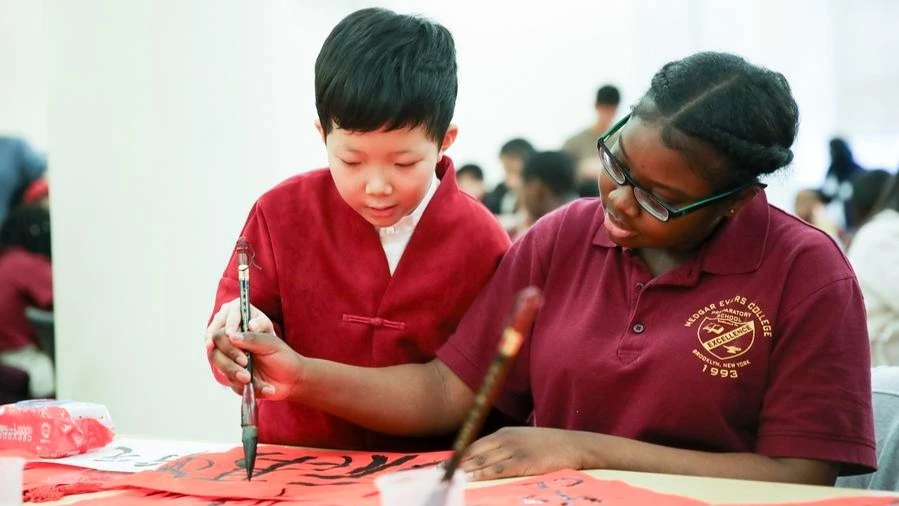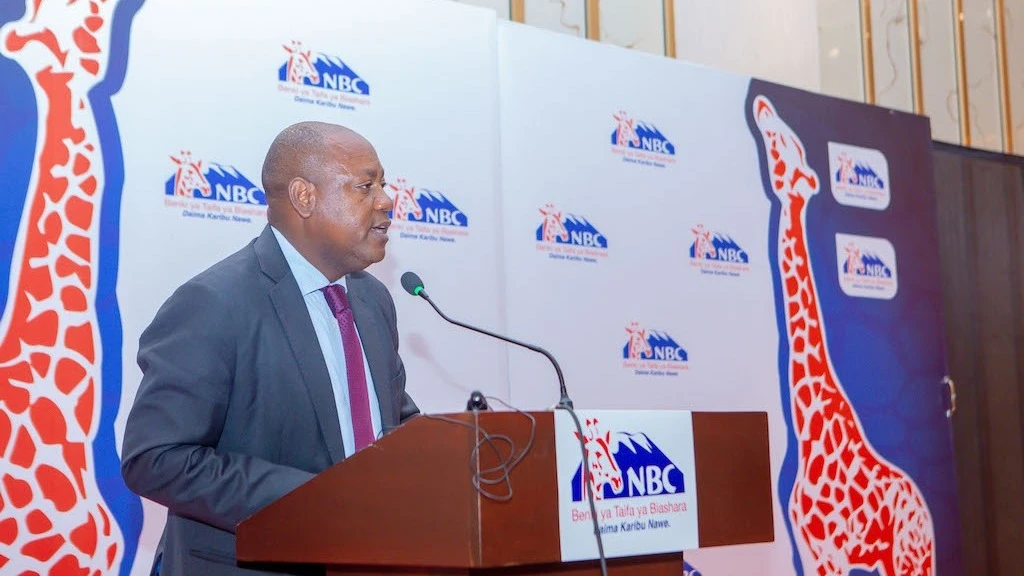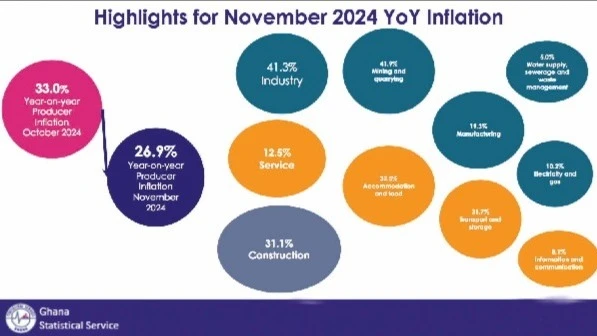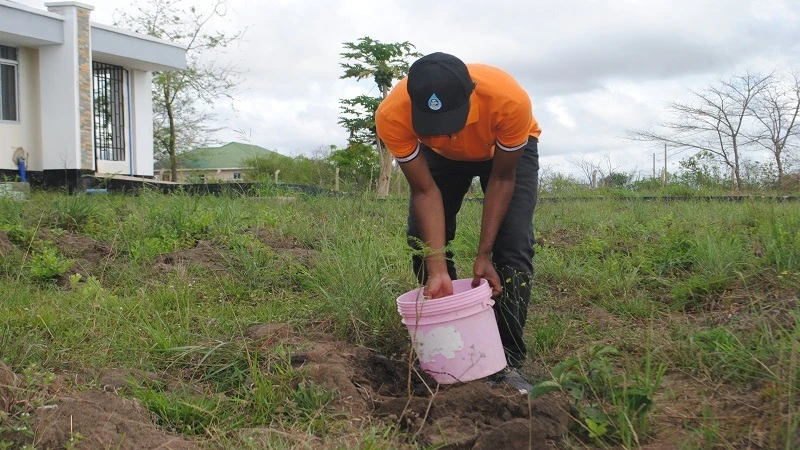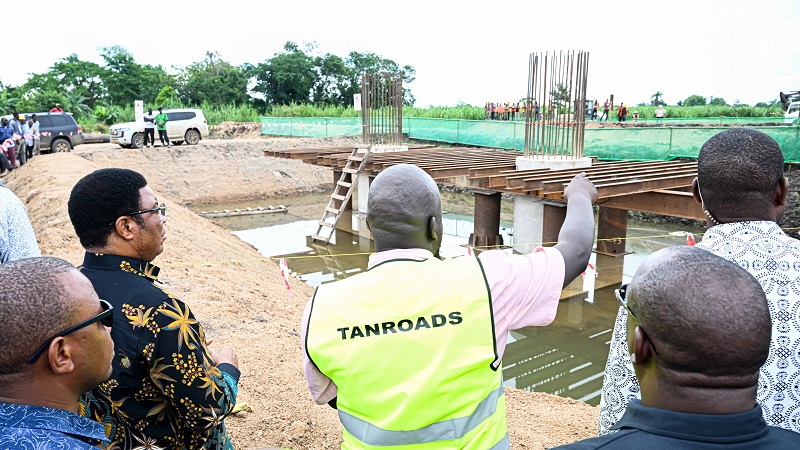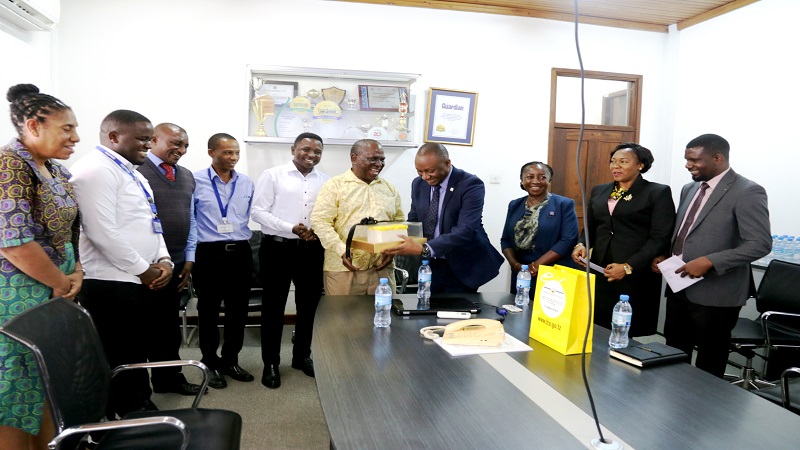Govt urged to support groups engage in forest conservation
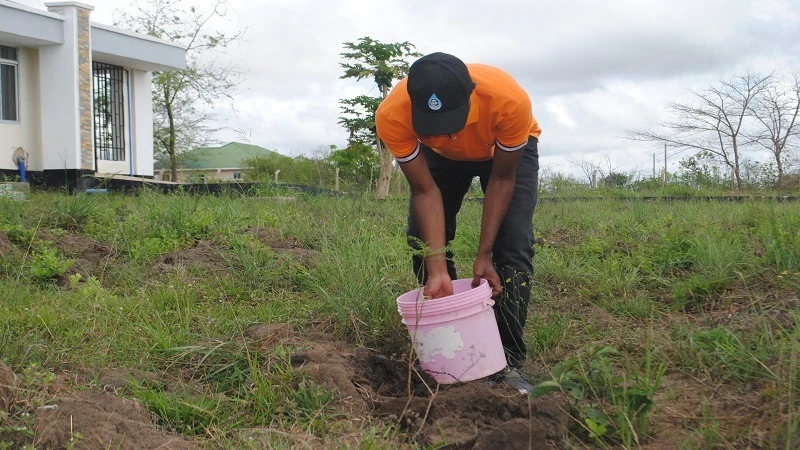
THE Handeni District Commissioner in Tanga Region has urged Handeni District staff to introduce a new compressive programme to support groups involved in environmental conservation and community- based forest management, enabling local communities to benefit from the forest resources available in their localities.
Albert Msando, Handeni District Commissioner made this call recently when speaking to Journalists and staff from the Tanzania Community Forest Conservation Network (MJUMITA) and the Tanzania Forest Conservation Group (TFCG) staff who visited the village to assess the impact of the Integrated Forest Biomass Energy Solutions for Tanzania (IFBEST) project in Handeni District.
He says, instead of issuing loans to unproductive sectors, allocate funds to forest conservation, which is a good source of income.
Additionally, as district staff, “You should stop making political decisions when issuing loans for projects, as the funds set aside by the councils are the people's money, collected through taxes,” he says
Also, the department responsible for environmental issues should receive funding for conservation activities, enabling them to operate more effectively and prevent deforestation and cattle grazing within the forest reserves.
He thanked the European Union, Tanzania Forest Conservation Group (TFCG) and the Tanzania Community Forest Conservation Network (MJUMITA) for implementing the IFBEST project in Handeni district that has helped villagers to designate village land forest reserves for community based forest management, sustainable charcoal harvesting and establish land use plan at Genda Genda village.
The district will continue to conserve and protect the forest resources available within the district, enabling the community to benefit and generate profit.
“In Handeni District, we have many areas suitable for carbon trading, and we will make sure that all these areas are well protected,” he says
Msando issued a directive to the Handeni District staff to manage the Gendagenda village land forest reserve and prevent deforestation.
Additionally, “as a district, we have been able to visit in Tanganyika District in Katavi Region to witness and learn how they conserve forests and engage in carbon trading business which is good source of income
Simon Lugazo, the IFBEST’s project manager added that the European Union has injected a total of 5.4bn/- through the ministry of finance to support the implementation of the IFBEST project.
Currently the project is being implemented by Tanzania Community Forest Conservation Network (MJUMITA) and Tanzania Forest Conservation Group (TFCG) in eight villages in Handeni, Pangani and Kilindi District councils.
He named villages as Lusane, Mswaki, Nghobore, Mkalamo, Gendagenda, Mmbogo, Mapanga and Mseko.
The main goal of the project is to enhance environmental sustainability through sustainable forest management and wood-fuel production in Tanga Region.
Isaya Nyange, Pastor of the Nameloki Baptist Church in Lusane Village says, the IFBEST project has brought positive results to the residents of Lusane Village in Kilindi District, Tanga Region.
“People are more knowledgeable about gender equality, they understand that all people are equal and that everyone has the right to provides their ideas and be heard, something that was not the case in the past,” he says
Additionally, the training offered by MJUMITA, attending various religious conferences and globalization have helped people become aware that everyone has equal rights and all people are equal.
Apart from TFCG and MJUMITA training, he also teaches people to know God in their lives and see that all people are equal before God, therefore, “We should not think of discriminating or failing to listen to each other,” Nyange says.
“A father and mother are the ones who build a family or a household. The father has the right to listen to the mother, and the mother has the right to listen to what the father says," Pastor Nyange says
He called on IFBEST to continue providing more training on modern cattle farming to the residents of Lusane Village.
He lauded TFCG, European Union and MJUMITA for introducing the IFBEST project in their localities.
Under the project, Lusane residents were trained in land use planning, forest conservation and management, environmental issues and the establishment of Village Savings and Loans Associations (VSLAs) in their localities.
Through the knowledge and skills gained from the IFBEST project. “We are now taking serious measures to conserve our forest reserve for the benefits of both ourselves and future generations.
Through the village land forest reserve, Lusane residents will be able to engage in sustainable timber harvesting and secure traditional medicines.
Additionally, MJUMITA and TFCG trained villagers on how to formulate by-laws for forest protection and management.
“As result, we have already formulated by-laws for forest conservation and a land use plan, " he says.
Top Headlines
© 2024 IPPMEDIA.COM. ALL RIGHTS RESERVED












